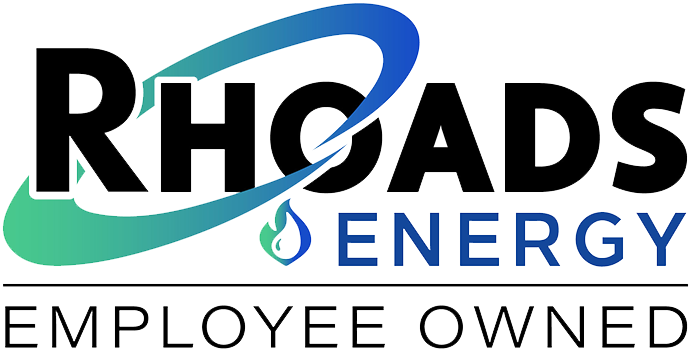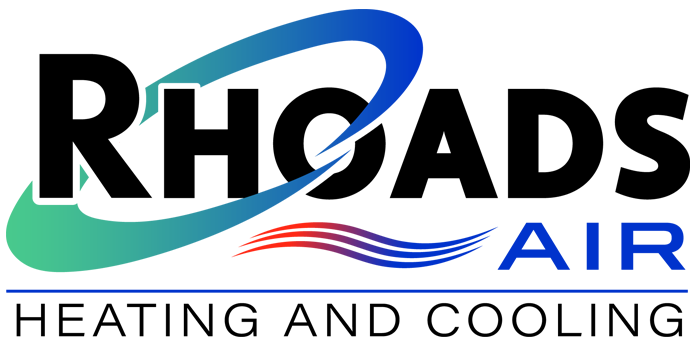Is propane safe?
Propane is a liquefied petroleum gas, also known as LPG. It is a gas that is normally compressed, stored and delivered as a liquid and is non-toxic, colorless and virtually odorless. Propane is a safe, reliable and clean energy source. Understanding how to properly use and store propane, as well as how to detect warning signs of a gas leak can significantly reduce the risk of a propane-related hazard in your home. It is important that homeowners are aware of basic safety tips.
One of the safety features of propane is its unique smell – rotten eggs, a skunk’s spray or a dead animal. Ethyl mercaptan, a sulfur-based compound, is added to propane so that it can be detected when propane is in use. If you are concerned that you or others in your home may have difficulty smelling propane, consider installing a propane gas detector. These detectors sound an alarm if they sense the propane concentration at the detector.
What to do if you suspect a propane leak?
Though it is rare, one of the most important things a homeowner can do is to make sure that everyone in their home knows what do if they suspect a propane leak. If you suspect a leak in your home, verify there are no open flames, leave your home and go a safe distance away. Do not turn off/on lights, appliances or use a telephone or mobile phone as it could create a spark or ignition source.
If it is safe, turn off the main valve on your propane tank. Lift the lid of the tank and turn the valve clockwise to turn off the gas supply. From outside the home call 911 to report a suspected propane leak. Stay outside of your home and a safe distance away until a trained professional has indicated it is safe to re-enter your home. For peace of mind, have your system inspected by a trained technician to ensure your system is running safely and efficiently. If the gas has been turned off at your home, never turn it back on yourself. There are national safety codes that require qualified professionals to test your propane system before turning the gas back on and relighting pilots.
Stay safe with automatic delivery
Another way to remain safe is to not run out of propane as it can cause a serious safety hazard. If an appliance valve or gas line is left open when there is no propane, a leak could occur when your tank is filled. Air and moisture can infiltrate into an empty tank which can cause rust build-up inside the tank. Rust can reduce the concentration of the odor of propane, making it harder to smell. If you run out of propane, pilot lights on appliances will go out. This can be extremely dangerous if not handled properly. We recommend enrolling in automatic propane delivery to ensure you do not run out of propane.
If you have any questions or concerns about the safety and handling of propane or your propane system, please contact us.

